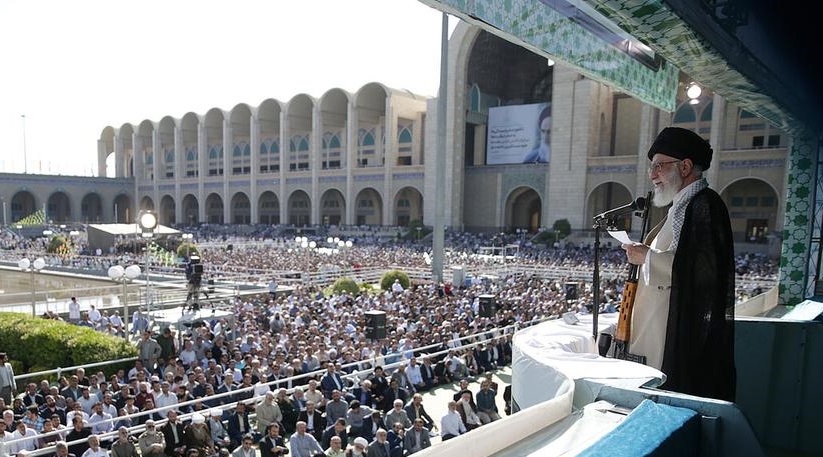
Iran-US Conflict “Fundamental, Not Tactical”
Ali Khamenei, Iran’s Supreme Leader, has declared that the country’s dispute with the United States is fundamental and not merely tactical. Speaking at a student gathering in Tehran on the anniversary of the 1979 U.S. embassy takeover, Khamenei characterised the U.S. as a long-standing adversary whose current overtures for cooperation are incompatible with its continued support for Israel and presence of military bases in the region.
U.S. cooperation offer dismissed
Khamenei said that Washington’s recent statements about wanting cooperation with Iran would be considered only if it completely stopped supporting Israel, withdrew its military forces from the Middle East and ceased interfering in Iran’s internal affairs. He clarified that such conditions place any meaningful U.S. engagement with Iran “not in the near future.”
Historical context and implications
Highlighting the 1979 embassy incident, Khamenei described it as exposing the “true identity” of the American government and labelled the conflict as rooted in worldview and ideology rather than tactical disagreements. His remarks suggest Iran remains committed to a long-term posture of resistance and are likely to reinforce the barrier to any comprehensive rapprochement with the U.S.
What this means for diplomacy
The statement signals that despite diplomatic signals, Iran is unlikely to engage in significant negotiations unless the United States meets pre-conditions deemed non-negotiable by Tehran. Analysts say this reinforces the stalemate in U.S.-Iran relations and indicates Tehran’s readiness for a protracted period of contention rather than rapid diplomacy.


















